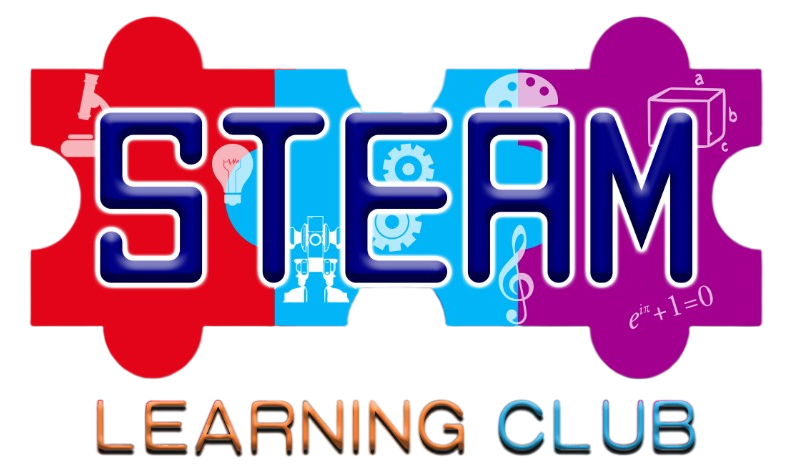Vocabulary-content:
People, physical characteristics, personality traits, family, states and conditions, the house, furniture and objects in a house, household chores, leisure activities, the shopping center, clothing and footwear, describing clothing and footwear, shopping, food and beverages, food stores, at the table, describing food, parts of the body, personal hygiene, symptoms and illnesses, basic remedies, healthy habits, the word of work, hobbies, free time, sports, transportation, travel, destinations and lodging, the city, location and directions, the universe, geography, political divisions, numbers from 101-1,000, nature and environment
Grammar:
Subject pronouns, the verb ser, adjectives, the verb tener, nouns, article agreement with nouns, expressing existence, the verb haber, expressing location, regular ar verbs present tense, stem-changing verbs (e>ie), the verb ir, the verb gustar, demonstratives, adverbs of quantity, expressing want, preference and rejection. The verbs querer and preferer, the verbs ver, oir, oler and decir, reflexive verbs, the verb doler, affirmative commands, irregular verbs, ir a + infinitive. Time markers in the future, the present progressive, the preterite tense of regular ar, ir, er, verbs, expressing cause: porque and por, expressing quantity. Indefinites, irregular verbs in the preterite. Decir and hacer, expressing possession, possessive adjectives, the preposition de, the verb estar, regular-erand -ir verbs, present tense, expressing obligation: tener que + infinitive, hay que+ infinitive, adverbs of frequency, comparison. Comparative adjetivos, stem-changing verbs (o > ue), irregular verbs in the yo form, direct object pronouns, indirect object pronouns, stem-changing verbs (e>i) the verb sentirse, affirmative tu commands, regular verbs, the present participle, stem-changing verbs (u> ue), time markers in the past, vers ser and ir, negative commands, irregular verbs in the preterite. Estar and tener, expressing permission and prohibition.
Writing: Students will have many opportunities to write different topics and activities assign in the work book.
Reading: Students will be reading their text book and answering questions on their work book.
Speaking: Students will have opportunities to have conversations with their classmates during class.Culture: Students will explore cultures from Mexico, Puerto Rico, Guatemala, Peru, Spain, Argentina, Chile and the United States.

